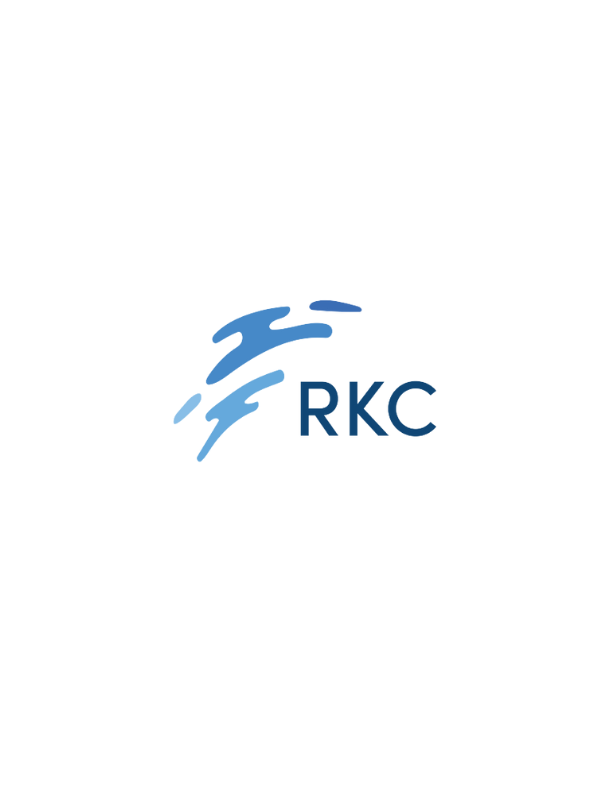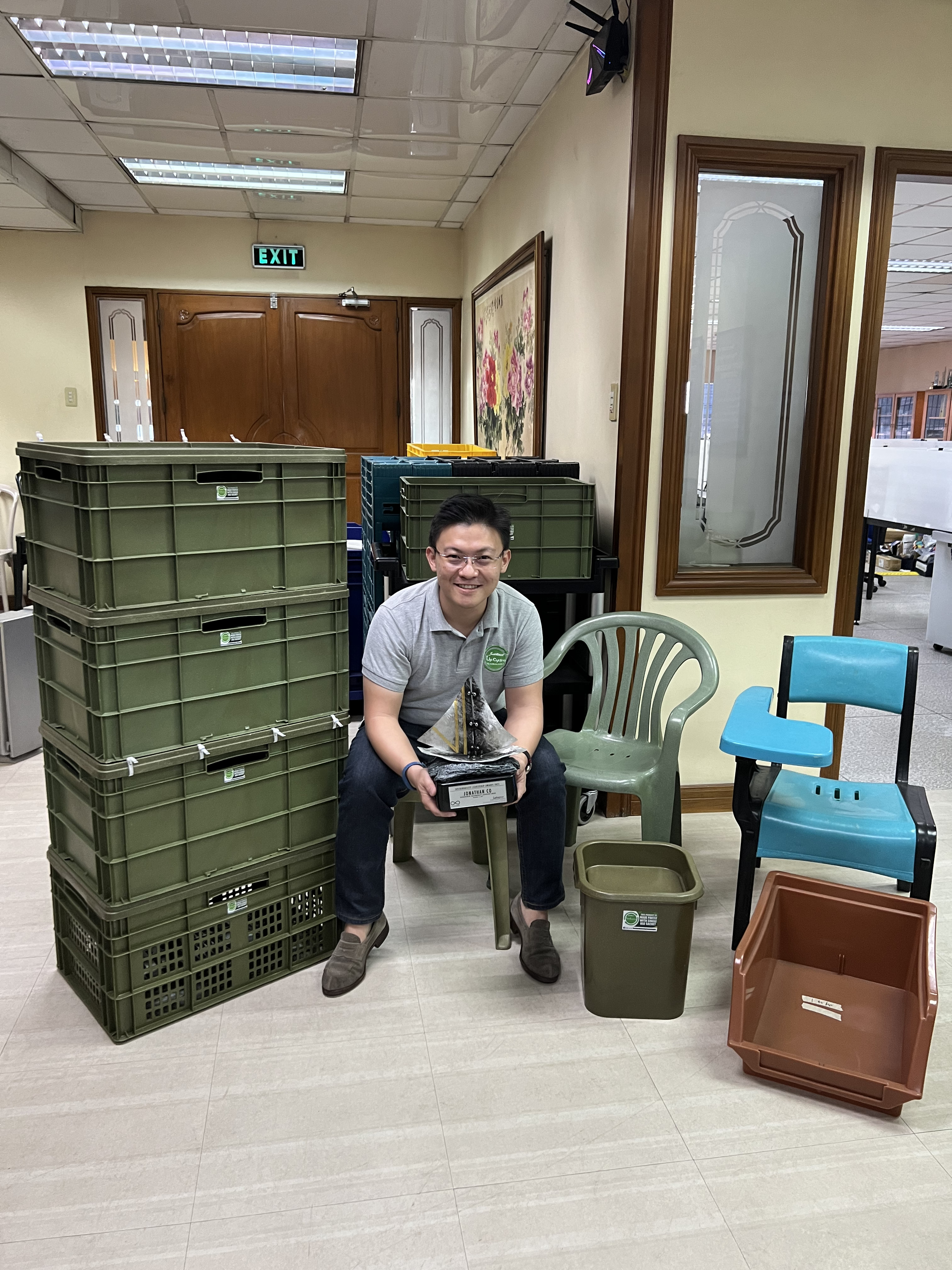

19 November 2021: ERIA, the Institute for Global Environmental Strategies (IGES), and the IGES Centre Collaborating with the UN Environment Programme (UNEP) on Environmental Technologies (CCET), co-hosted online the SEA of Solutions Back-to-Back Meeting on Building Synergy and Collaboration on Plastics in the ASEAN Member States: Towards Integrated Solutions to Marine Plastic Pollution.
The meeting provided an overview of the Regional Knowledge Centre for Marine Plastic Debris (the Centre) and introduced ERIA’s Experts Working Group on Marine Plastic Debris. It also discussed recommendations to close the data gaps on plastic research in the region.
Dr Yasuhiko Hotta, IGES Sustainable Consumption and Production Programme Director, on behalf of Mr Michikazu Kojima, ERIA Research Fellow, emphasised the need to collect more data to develop science-driven policymaking. He also outlined the region's new capacity building needs, which the Centre can facilitate.
‘The policy itself is changing. It is not just about the government policy anymore. A more collaborative approach to the policy formulation that engages with the industries, consumers, and citizens is needed,’ he said.
Dr Vivek Anand Asokan, IGES Policy Researcher, presented the plastic data gaps in the ASEAN region and suggested five ways to address those gaps: build existing capacity and collect data on production and waste management; build new capacity on consumption and waste recycling; establish scientific knowledge and new capacity on leakage to the environment and oceans; determine relevant indicators for the monitoring and assessment of policy objectives through benchmarking with existing indicators in the EU, Japan, and China; and link marine plastics with other relevant issues such as urban flooding.
The panel, composed of members of ERIA’s Experts Working Group on Marine Plastic Debris, then offered a number of recommendations on the Centre's future functions and the roles the Experts Working Group can play in improving knowledge exchange and management in the region.
Participating panellists were:
● Dr Youna Lyons, Senior Research Fellow, National University of Singapore
● Dr Muhammad Reza Cordova, Researcher, Research Centre for Oceanography, National Research and Innovation Agency (BRIN)
● Dr Kavinda Gunasekara, Geoinformatics Centre, Asian Institute of Technology
● Ms Kamala Ernest, Programme Management Officer – Coordinator of SEA circular Project, UN Environment Programme.
The most salient needs raised during the discussion were:
● Define research barriers hampering the work of researchers which are not sufficiently acknowledged by governments, and communicate this to address such structural constraints
● Use existing data sets and tighten the gaps to better inform research groups working on different sub-topics of the overall marine plastic problem
● Find a way to expand citizen science tools to monitor plastic waste to enhance public participation in data collection
● Push for the harmonisation of data collection methods and indicators to formulate more effective policies
● Form a united voice to more effectively deliver evidence-based policy recommendations to policymakers
● Formulate a way forward for emerging topics such as extended producer responsibility (EPR).
Dr Vong Sok, Head of the ASEAN Secretariat Environment Division, who moderated the panel discussion, praised the experts for their insightful input to the work of the Centre, and confirmed the value of such a technical network to keep collaborating for the benefit of the ASEAN+3 region.
He also said that existing data is never sufficient, so finding a way to enhance data collection is important, and it is also crucial to create a bridge between the available data, despite its limitations, with practical applications on the ground. Strategic thinking and a broader vision to make the data information effective and efficient for monitoring, planning, and management is needed.
19 November 2021: ERIA, the Institute for Global Environmental Strategies (IGES), and the IGES Centre Collaborating with the UN Environment Programme (UNEP) on Environmental Technologies (CCET), co-hosted online the SEA of Solutions Back-to-Back Meeting on Building Synergy and Collaboration on Plastics in the ASEAN Member States: Towards Integrated Solutions to Marine Plastic Pollution.
The meeting provided an overview of the Regional Knowledge Centre for Marine Plastic Debris (the Centre) and introduced ERIA’s Experts Working Group on Marine Plastic Debris. It also discussed recommendations to close the data gaps on plastic research in the region.
Dr Yasuhiko Hotta, IGES Sustainable Consumption and Production Programme Director, on behalf of Mr Michikazu Kojima, ERIA Research Fellow, emphasised the need to collect more data to develop science-driven policymaking. He also outlined the region's new capacity building needs, which the Centre can facilitate.
‘The policy itself is changing. It is not just about the government policy anymore. A more collaborative approach to the policy formulation that engages with the industries, consumers, and citizens is needed,’ he said.
Dr Vivek Anand Asokan, IGES Policy Researcher, presented the plastic data gaps in the ASEAN region and suggested five ways to address those gaps: build existing capacity and collect data on production and waste management; build new capacity on consumption and waste recycling; establish scientific knowledge and new capacity on leakage to the environment and oceans; determine relevant indicators for the monitoring and assessment of policy objectives through benchmarking with existing indicators in the EU, Japan, and China; and link marine plastics with other relevant issues such as urban flooding.
The panel, composed of members of ERIA’s Experts Working Group on Marine Plastic Debris, then offered a number of recommendations on the Centre's future functions and the roles the Experts Working Group can play in improving knowledge exchange and management in the region.
Participating panellists were:
● Dr Youna Lyons, Senior Research Fellow, National University of Singapore
● Dr Muhammad Reza Cordova, Researcher, Research Centre for Oceanography, National Research and Innovation Agency (BRIN)
● Dr Kavinda Gunasekara, Geoinformatics Centre, Asian Institute of Technology
● Ms Kamala Ernest, Programme Management Officer – Coordinator of SEA circular Project, UN Environment Programme.
The most salient needs raised during the discussion were:
● Define research barriers hampering the work of researchers which are not sufficiently acknowledged by governments, and communicate this to address such structural constraints
● Use existing data sets and tighten the gaps to better inform research groups working on different sub-topics of the overall marine plastic problem
● Find a way to expand citizen science tools to monitor plastic waste to enhance public participation in data collection
● Push for the harmonisation of data collection methods and indicators to formulate more effective policies
● Form a united voice to more effectively deliver evidence-based policy recommendations to policymakers
● Formulate a way forward for emerging topics such as extended producer responsibility (EPR).
Dr Vong Sok, Head of the ASEAN Secretariat Environment Division, who moderated the panel discussion, praised the experts for their insightful input to the work of the Centre, and confirmed the value of such a technical network to keep collaborating for the benefit of the ASEAN+3 region.
He also said that existing data is never sufficient, so finding a way to enhance data collection is important, and it is also crucial to create a bridge between the available data, despite its limitations, with practical applications on the ground. Strategic thinking and a broader vision to make the data information effective and efficient for monitoring, planning, and management is needed.

Communication Desk


